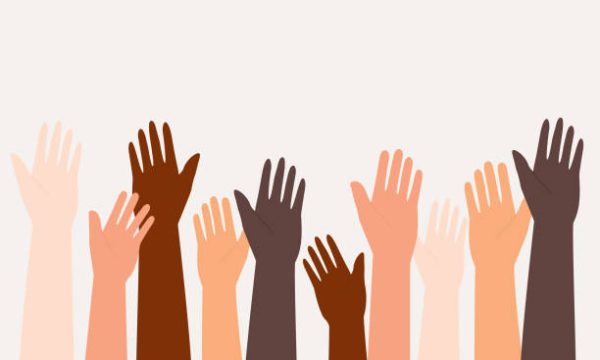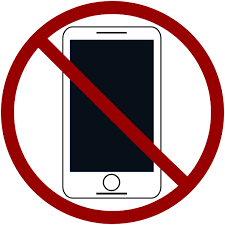Almost Anorexic
April 6, 2015
In health freshman year we learned about eating disorders; if you ate and threw up, you have bulimia; if you eat, you’re normal; if you don’t eat at all, you have anorexia. It was cut and dry, simply placed in neat boxes, and only one or two questions on the final. However eating disorders, like people, cannot be organized and put into neat little boxes. The medical community calls these in between eating disorders Other Specific Feeding or Eating Disorder (OSFED).
One in every 200 women is diagnosed with anorexia. One in every 20 women (One in ten of them teenagers) is diagnosed with almost anorexia. Almost anorexia kills just as much as anorexia does, often because it goes untreated or undiagnosed. Most of the reason it goes undiagnosed is because no one recognizes any of the symptoms. One woman quoted in an article in Huffington Post said that even when she had received her diagnoses it just furthered the voice in her head saying, “See you’re not that bad. You’re not sick enough.”
Many of the victims don’t identify themselves with anorexia because the med book says that if you eat you are not actually anorexic. This is false. Also, if you only purge occasionally you aren’t bulimic. Also false. Almost anorexia, anorexia, bulimia, any eating disorder is a mental issue.
Eating disorders are not cute and not a way to lose weight. In the book Almost Anorexic, one of the authors, Jenni Schaefer, shared a story of how after she gave a lecture a women came up to her and said I wish I could have a touch of anorexia. The woman expressed her concerns about wanting to lose weight and thought that being almost anorexic would allow her to lose the weight. Anorexia and bulimia are diseases not diets.
People are under the common misconception that anorexic people can eat, they just chose not to. For people facing an eating disorder, food is an enemy. Being placed in certain situations involving any type of food can cause anxiety for a person with an eating disorder. Eating disorders are linked to many factors such as a family history of eating disorders and pre-existing mental health disorders.
Eating disorders come in all shapes and sizes, different ages and both males and females can become victims of an eating disorder. Eating disorders are not packaged into little boxes. Almost anorexia is just as dangerous as anorexia and all eating disorders deserve to be taken seriously.
The key to fighting an eating disorder is early diagnoses. Some symptoms of anorexia or almost anorexia are:
-Yo-yo dieting
-Binge eating
-Hoarding food
-Distorted body image
-Obsession with food or weight
Website for confidential eating disorder analysis: http://eat-26.com/Form/index.php













